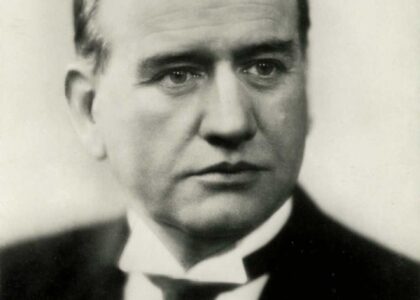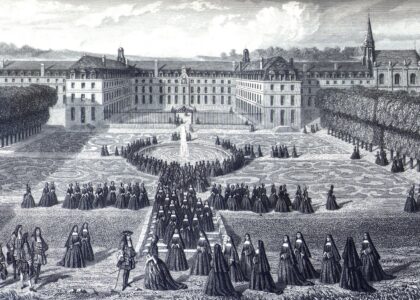Welcome to Stockton, a city steeped in history and brimming with stories of ambition, transformation, and resilience. Founded in 1849 by a German immigrant, Charles M. Weber, Stockton quickly became a pivotal hub during the California Gold Rush. Weber, having acquired over 48,000 acres through a Mexican land grant, recognized the opportunity to provide goods and services to the influx of gold seekers. He named the city after Commodore Robert F. Stockton, a naval officer pivotal in securing California during the Mexican-American War, making it the first city in California to be named after a non-Spanish or Native American individual.
As you explore Stockton, imagine the bustling streets of the 1850s, where wagons and riverboats transported gold miners and supplies. Although the Gold Rush waned by 1855, Stockton’s strategic location ensured its continued growth. The city seamlessly transitioned into an agricultural powerhouse, thanks to the fertile soil and temperate climate, which were perfect for crops like asparagus, tomatoes, and walnuts. By the late 19th century, Stockton had evolved into a significant industrial and transportation center. The Port of Stockton, established in 1933, was California’s first inland seaport, linking the city to global markets and further cementing its role as a transportation hub.
Stockton’s cultural landscape is as diverse as its historical one, shaped by the waves of immigrants who arrived in the late 19th and early 20th centuries. The city became home to a vibrant mix of cultures, including Mexican and Chinese communities, each bringing unique traditions and enriching the city’s cultural tapestry. Today, Stockton is a thriving arts and entertainment destination, with venues and events that celebrate its rich history and diverse community.
One of Stockton’s intriguing historical projects is the development of the Stockton Historical Maritime Museum. This initiative aims to spotlight the city’s maritime legacy, with plans to restore and showcase the USS Lucid, an ‘Aggressive Class’ oceangoing minesweeper. This museum will be a testament to Stockton’s historical significance in both commerce and national defense.
As you walk through Stockton, let your imagination transport you back in time. Picture the flour mills, iron foundries, and shipyards that once lined the waterways. Consider the innovations in agricultural machinery that emerged here, such as the Stockton Gang Plow, which revolutionized farming techniques. Each street and building holds a story of the past, waiting to be discovered by those who tread its paths today.




